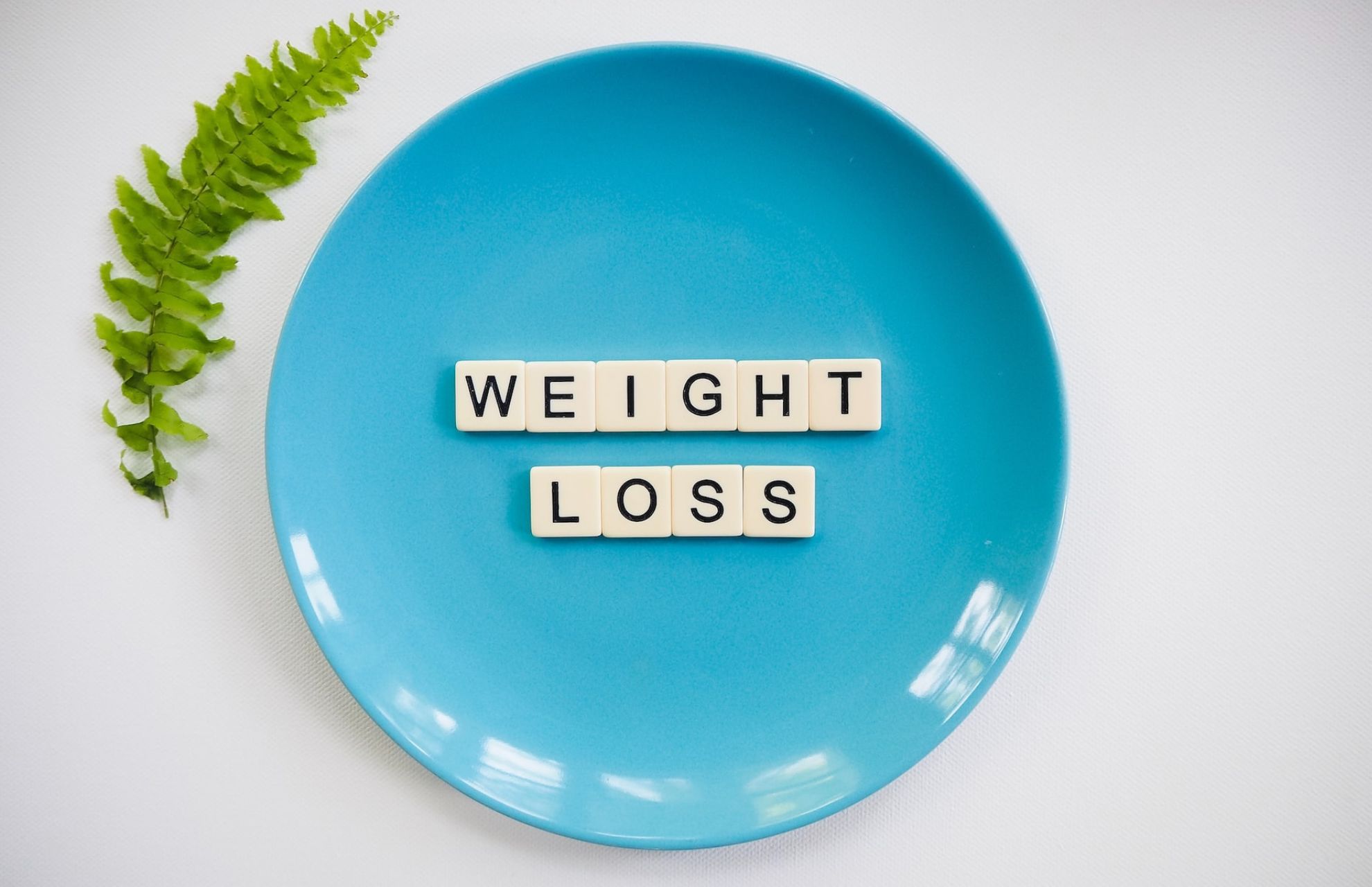Introduction
Shedding those extra pounds is a subject that has puzzled and intrigued people for decades. Amid the chaos of fad diets, magic pills, and extreme workout plans, it’s easy to overlook what science has to say about effective weight reduction. This article aims to dig deep into the research to bring you a comprehensive guide on dropping pounds effectively and sustainably.
The Truth About Metabolism and Weight Loss
Metabolism has often been referred to as the “engine” of our bodies—it’s what keeps us running, even when we’re at rest. It plays a vital role in slimming down as well, which is why understanding how to manipulate your metabolism can offer some keys to effective weight loss.
The Basal Metabolic Rate (BMR)
Your Basal Metabolic Rate (BMR) is the amount of energy your body needs to maintain basic functions like breathing, circulating blood, and regulating body temperature while you’re at rest. By understanding your BMR, you can calculate the minimum amount of calories your body needs daily, which is the first step in setting achievable weight-reduction goals.
Thermic Effect of Food (TEF)
When you consume food, your body spends energy to break it down. This energy expenditure is known as the Thermic Effect of Food (TEF). Foods high in protein have a higher TEF, making you burn more calories during digestion.
Physical Activity Level (PAL)
The more you move, the more calories you burn. By incorporating more physical activity into your day—be it structured exercise or simply walking more—you can substantially improve your chances of successful weight reduction.
How Exercise Affects Shedding Pounds
Exercise is an essential element in any weight loss journey. However, not all exercise is created equal when it comes to getting slimmer.
Aerobic vs. Anaerobic Exercise
Aerobic exercises like running, swimming, and cycling are excellent for cardiovascular health and burn a lot of calories, making them ideal for weight loss. Anaerobic exercises, such as weightlifting, contribute to muscle growth, which in turn can boost your metabolism.
Exercise Frequency and Duration
The amount and duration of exercise you need can vary based on your goals to slim down. However, the general recommendation is at least 150 minutes of moderate-intensity exercise per week.
High-Intensity Interval Training (HIIT)
One of the most effective forms of exercise for losing weight is High-Intensity Interval Training (HIIT). It involves short bursts of intense exercise followed by low-intensity recovery periods, and it’s proven to burn more calories than traditional workouts.
The Role of Diet in Slimming Down
When it comes to weight reduction, diet arguably plays an even more significant role than exercise. Let’s delve into how different types of nutrients affect shedding those extra pounds.
The Importance of Protein
Protein can be your best friend when you’re trying to slim down. It not only has a higher TEF but also contributes to muscle repair and growth, making your workout sessions more effective.
Carbohydrates and Fats: The Good and the Bad
While low-carb and low-fat diets are popular, it’s crucial to understand that not all carbs and fats are bad. Complex carbohydrates and healthy fats like omega-3 fatty acids can be beneficial in your journey to drop pounds.
Caloric Deficit
The golden rule of weight loss is to consume fewer calories than you burn. Known as a caloric deficit, this is the surefire way to lose weight according to scientific principles.
Monitoring and Tracking
Regularly tracking your weight, measurements, and other relevant metrics can keep you motivated and help you make necessary adjustments to your weight loss plan.
The Use of Technology
Several apps and devices can help you track calories consumed, calories burned, steps taken, and even your sleep quality, which can all be beneficial in your journey to shed pounds.
Psychological Factors
Shedding pounds isn’t just a physical challenge; it’s a psychological one as well. Emotional eating, stress, and lack of motivation can all sabotage your weight loss efforts.
Debunking Popular Weight Loss Myths
There’s a plethora of misinformation when it comes to weight reduction. Here, we bust some common myths to set the record straight.
Starvation Mode
The idea that reducing your calorie intake will put your body into “starvation mode” and make you store fat is largely a myth. While extreme calorie restriction isn’t advisable, a moderate caloric deficit won’t trigger this mythical mode.
The Detox Delusion
Detox teas and diets often promise quick and substantial weight loss. However, your liver and kidneys are more than capable of detoxing your body without the help of these products.
No Pain, No Gain
While some discomfort is expected when you start a new exercise regimen, extreme pain can be a sign of injury or overexertion, both of which can derail your weight loss plans.
Conclusion: The Road to a Leaner You
Losing weight isn’t about quick fixes or miracle cures; it’s a journey that requires dedication, smart choices, and science-backed strategies. With the tips and tricks in this guide, you’re well on your way to a more healthful and happier you.
FAQs
- What’s the most effective way to lose weight?
The most effective way to drop pounds is to create a caloric deficit by combining a balanced diet with regular physical activity.
- How much exercise do I need for weight loss?
A general recommendation is at least 150 minutes of moderate-intensity exercise per week, but this can vary based on individual goals.
- Is it possible to lose weight without exercise?
While exercise is highly beneficial, it’s theoretically possible to slim down by maintaining a caloric deficit through diet alone.
- What role does metabolism play in weight loss?
Your metabolic rate determines how many calories you burn at rest and during activity, affecting how easily you can create a caloric deficit.
- Is a low-carb or low-fat diet better for weight loss?
Both diets have their merits, but the key is to choose a sustainable diet that helps you maintain a caloric deficit.
- How important is protein in weight loss?
Protein plays a critical role in muscle repair and growth, and it also helps you burn more calories due to its higher Thermic Effect of Food (TEF).


